Graham Reid | | 5 min read
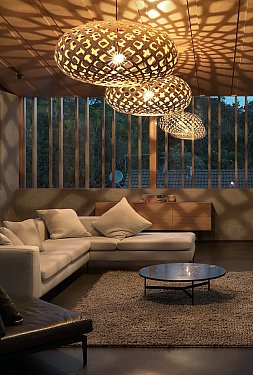
We have described British-born, longtime New Zealand resident David Trubridge as a designer.
Which he is.
But he is so much more.
He has appeared at Elsewhere previously when we offered a brief photo-essay of his innovative lighting design and sculpture.
But from his studio/workshop in Hastings, Trubridge also designs and creates striking furniture and public art, writes a thought-provoking blog about design and our relationship with the natural world (see here) and is an inveterate and curious traveller.
His second book – following his 2015 autobiography So Far – is The Other Way, a collection of philosophical explorations in the form of essays, poems and photographs prompted by his travels in Outback Australia, Antarctica, Alaska, Iceland, Italy and beyond.
 As Kennedy Warne notes in his Forward, Trubridge's The Other Way leaves more than just the impressions of places “but a mental picture of the man himself”.
As Kennedy Warne notes in his Forward, Trubridge's The Other Way leaves more than just the impressions of places “but a mental picture of the man himself”.
Trubridge himself speaks of “an overflowing immersion in the here and now” and as soon as we can, Elsewhere will review this marvelous and beautifully presented large-format book.
Meantime though you can read an extract (with photographs) here and explore his extraordinary, welcoming website here.
Elsewhere is pleased he took time from his busy schedule to answer this questionnaire.
Read on.
.
The first piece of design or architecture which really affected you was
The Severn suspension bridge— I wanted to design bridges, then later I wanted to design boats. It was simply the curve that got me, the sweep of the suspension or the fine lines of a classic yacht.
Your first role models in design were
The first craft furniture revivalists in the late 60s: in Britain Richard La Trobe-Bateman, John Makepeace, and in the US James Krenov. I now wanted to design furniture.
Did you grow up listening to rock music, and if so who or what bands when you were 14?
At that age I was more interested in music in the charts, such as the Animals, Rolling Stones, the Beach Boys, the Byrds.
Bob Dylan, the Who, Soft Machine came a little later.
If your career in design was denied you, your other career choice would be a
Sculptor (see film choice #1).
The three pieces of innovative design from any period (yours, or by others) you would love everyone to see are:
1, Water in the Southern Hemisphere by Ron Arad (explanation on the link)
2, Any one of the top pieces of bamboo architecture coming out of Asia. Because they are incredible design, but vitally because they are showing us a new way using local, sustainable materials and craftspeople, also challenging the white, male colonialism of Modernism.
3, The Polynesian outrigger waka because it is one of the most efficient sailing craft ever devised from a culture that did not even have metal.
Any interesting, valuable or just plain strange memorabilia at home or in your studio:
Every day I drink my morning green tea from a precious ikomityi mug made in South Africa. See this story about them and their significance.
The best book on art, architecture or design you have read is . . .
‘A Pattern Language’ by Christopher Alexander. I have many wonderful books about artists, such as Richard Serra and Andy Goldsworthy, which are individually and visually inspiring, but this one has influenced me more.
If you could sing on stage with anyone who would it be? And what would you sing?
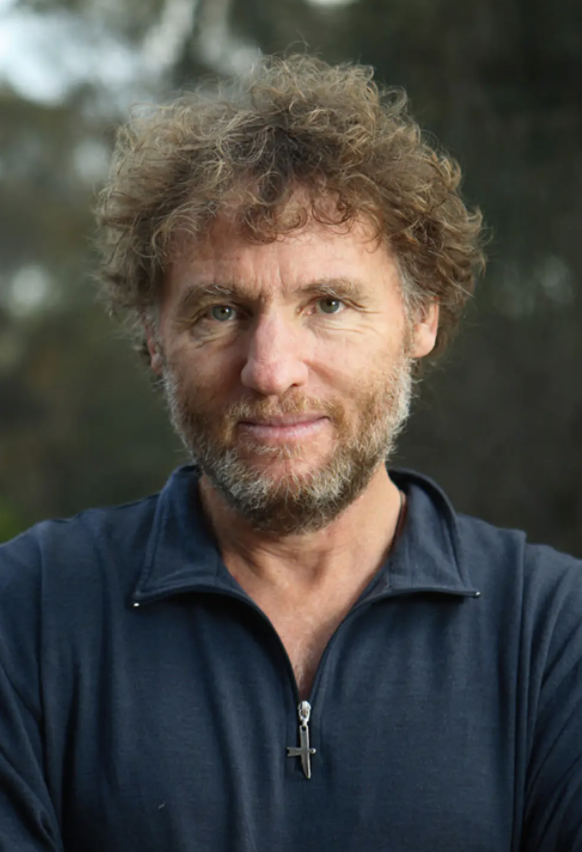 “If I could sing”, but I can’t and you wouldn’t want to hear it! I could do ‘It’s all right, Ma’ because that is hardly singing . . but Bob would not approve.
“If I could sing”, but I can’t and you wouldn’t want to hear it! I could do ‘It’s all right, Ma’ because that is hardly singing . . but Bob would not approve.
The three films you'd insist anybody watch because they might understand you better are:
1, ‘The Savage Messiah’ by Ken Russell—well, that was me then as I remember it!
2, ‘Le Quattro Volte’—it illustrates the next-but-one question.
3, ‘Free Solo’—Alex Honnold in Yosemite.
Can I have another one? I wrote that yesterday, and last night ‘The Velvet Queen’ came up on Docplay. If there is just one film it is this—it is utterly spellbinding and everything I was trying to say in my book, but done so much better, right down to the haunting Ellis/Cave music. Only the French can do romanticism like this. Please watch it.
The last CD, vinyl album or download you bought was
‘Sleep’ by Max Richter, all eight hours of it, one of the most beautiful and deeply moving pieces of music I have heard.
One place in the world you would return to repeatedly, if you could, would be . . .? And why?
Italy, but not for the reasons that most people go there. Not for the deafening and polluted streets of the cities, nor for the cloying religious art and imperial history.
But for the remote mountain countryside, the small villages—each with a communal square, a trattoria and café with real coffee—which have endured, mostly, the crushing steamroller of modern culture.
And for the mountains themselves, the old goat-herd tracks and bothies, the subtle layers of past use . . timelessness and the silence of space. But I would never go now because the price of getting there—teeming crowds, dehumanising mass transport, and especially carbon emissions—is too great.
So from now on it is Mahia.
The photograph, poster, image or piece of art you could live with on your living room wall forever would be
Something by Dorothy Napangardi or Gloria Petyarre, like this.
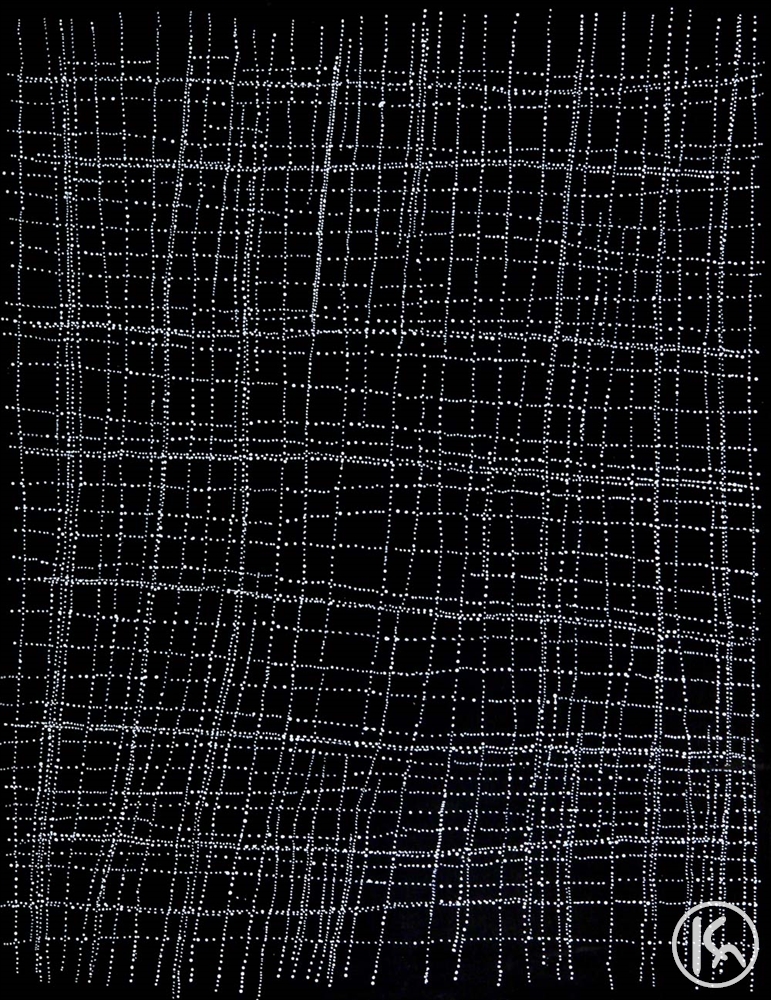 The work of these and other Aborigine women is, to me, the land speaking through a culture that has known it and been a part of it longer than almost any other. I can sit and look at it for ever, and feel the rhythmic meditation of the artist and land flowing together.
The work of these and other Aborigine women is, to me, the land speaking through a culture that has known it and been a part of it longer than almost any other. I can sit and look at it for ever, and feel the rhythmic meditation of the artist and land flowing together.
You are allowed just two albums of any genre to take on a month-long retreat, they are
As before, I have to have ‘Sleep’ by Max Richter. And something by Bob Dylan, say the ‘Bootleg Volume 8, Tell Tale signs’ that has as wide a variety of his work as possible.
David Bowie sang, “Five years, that's all we've got . . .” You would spend them where and doing what?
Walking over mountains, through forests and sailing/surfing on the sea. Avoiding crowds but enjoying meeting like-minded people. Sitting still a lot. It would have to be in Aotearoa.
You have the last words here, and they are
The birds have vanished down the sky.
Now the last cloud drains away.
We sit together, the mountain and I,
Until only the mountain remains.
(Not mine, but Li Bai or Li Bo or Li Po, as quoted in my book)
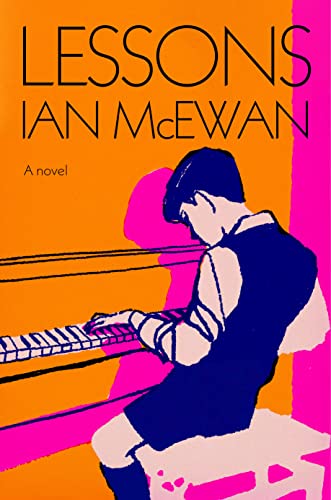 You didn’t ask about books which, along with film and music, play an important role in my life.
You didn’t ask about books which, along with film and music, play an important role in my life.
I just finished ‘Lessons’ by Ian McEwan and would take that with me to read again because the writing is so rich and his insights so deep—you need to savour it slowly.
The novel is the story of my generation, a reflection on how little real choice we have on the events that affect us most.
.
.
.
.
.
.
.
.

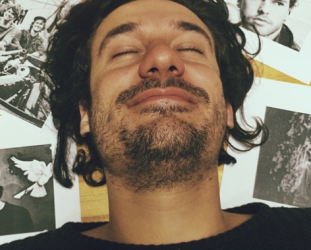
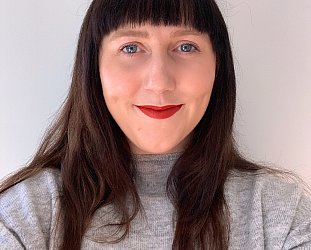
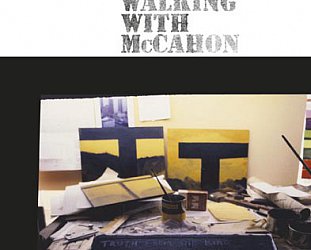
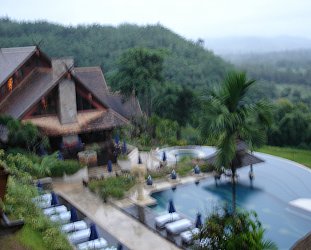
post a comment